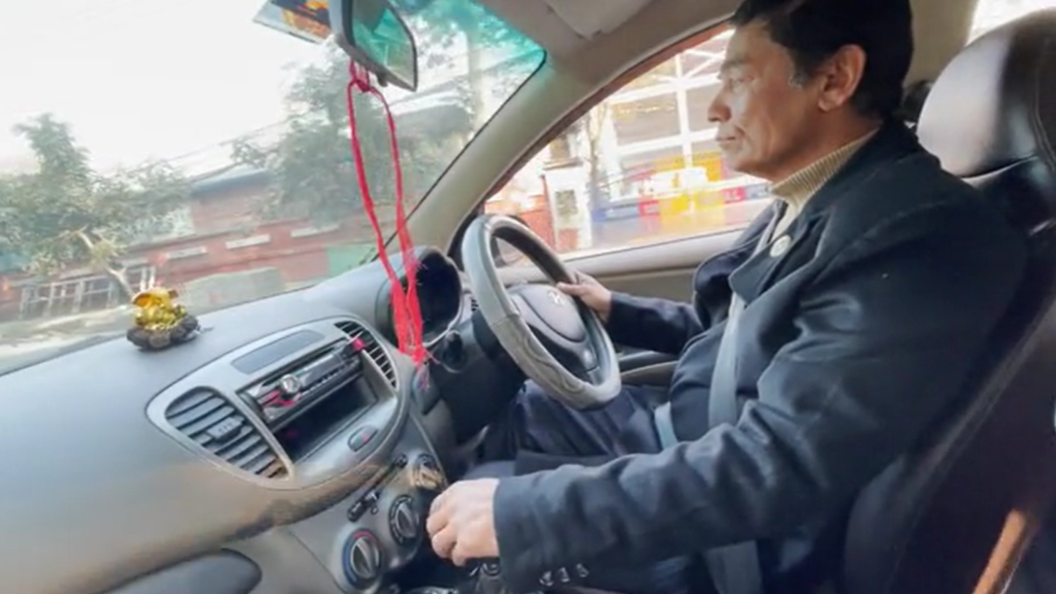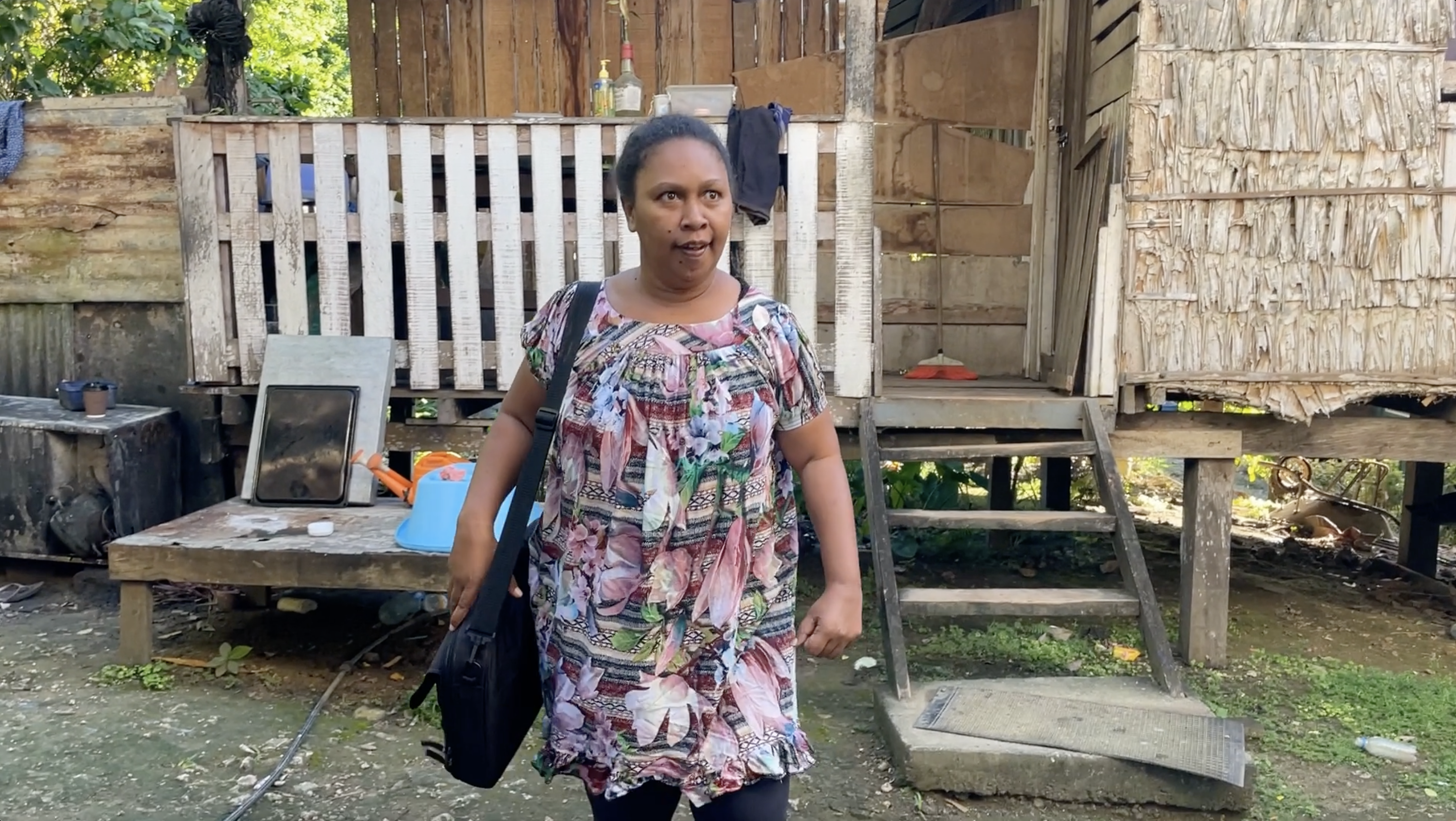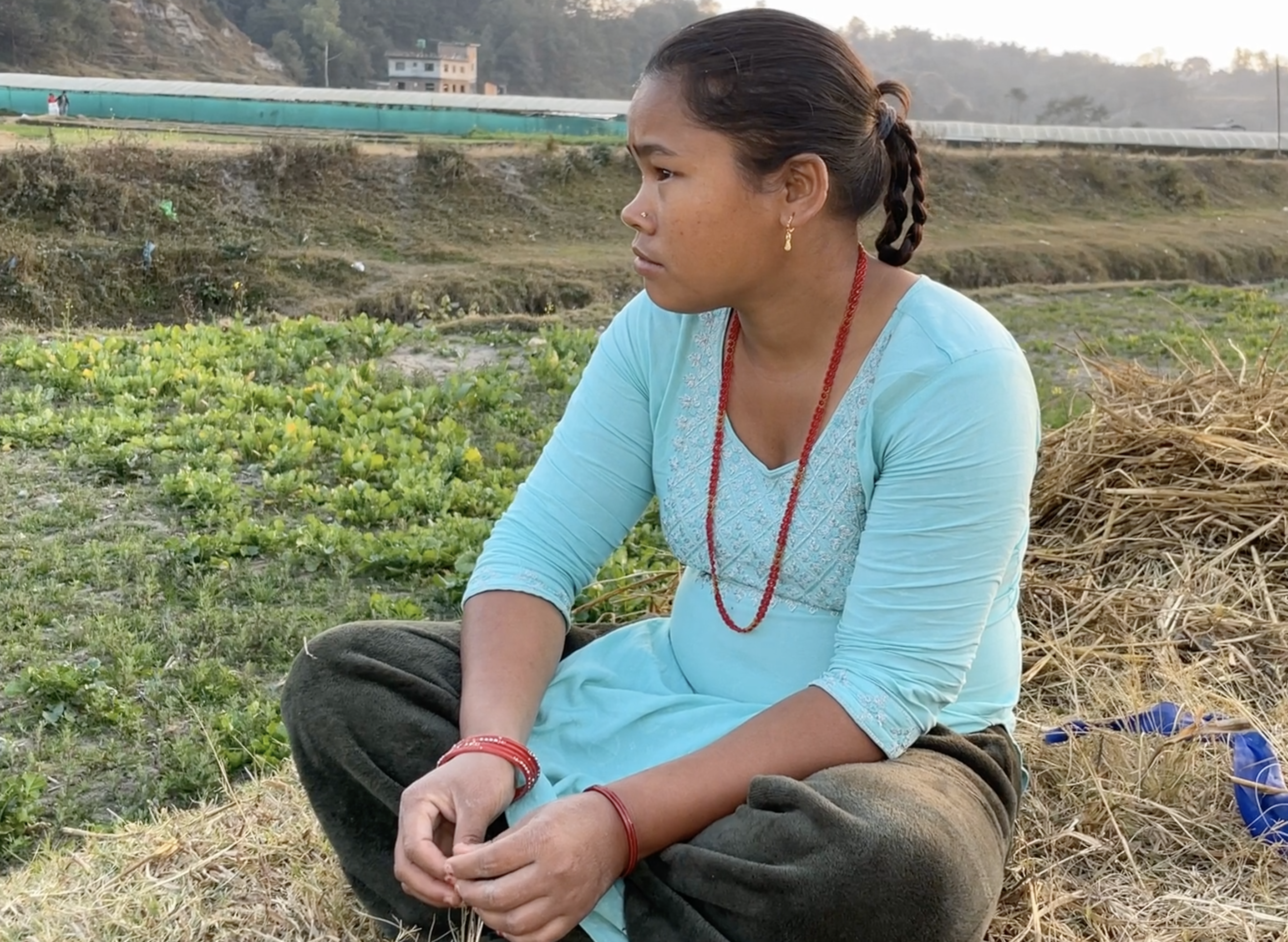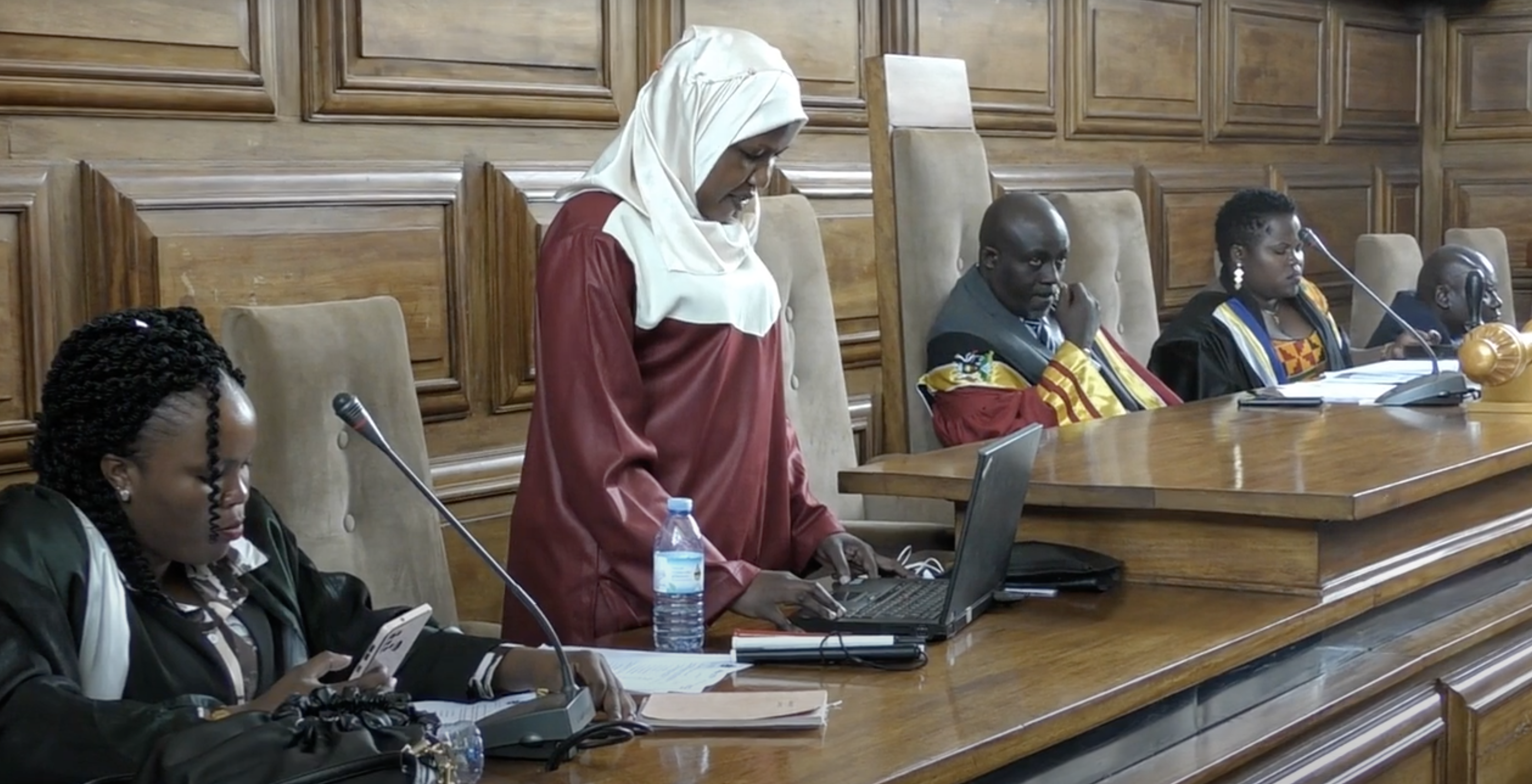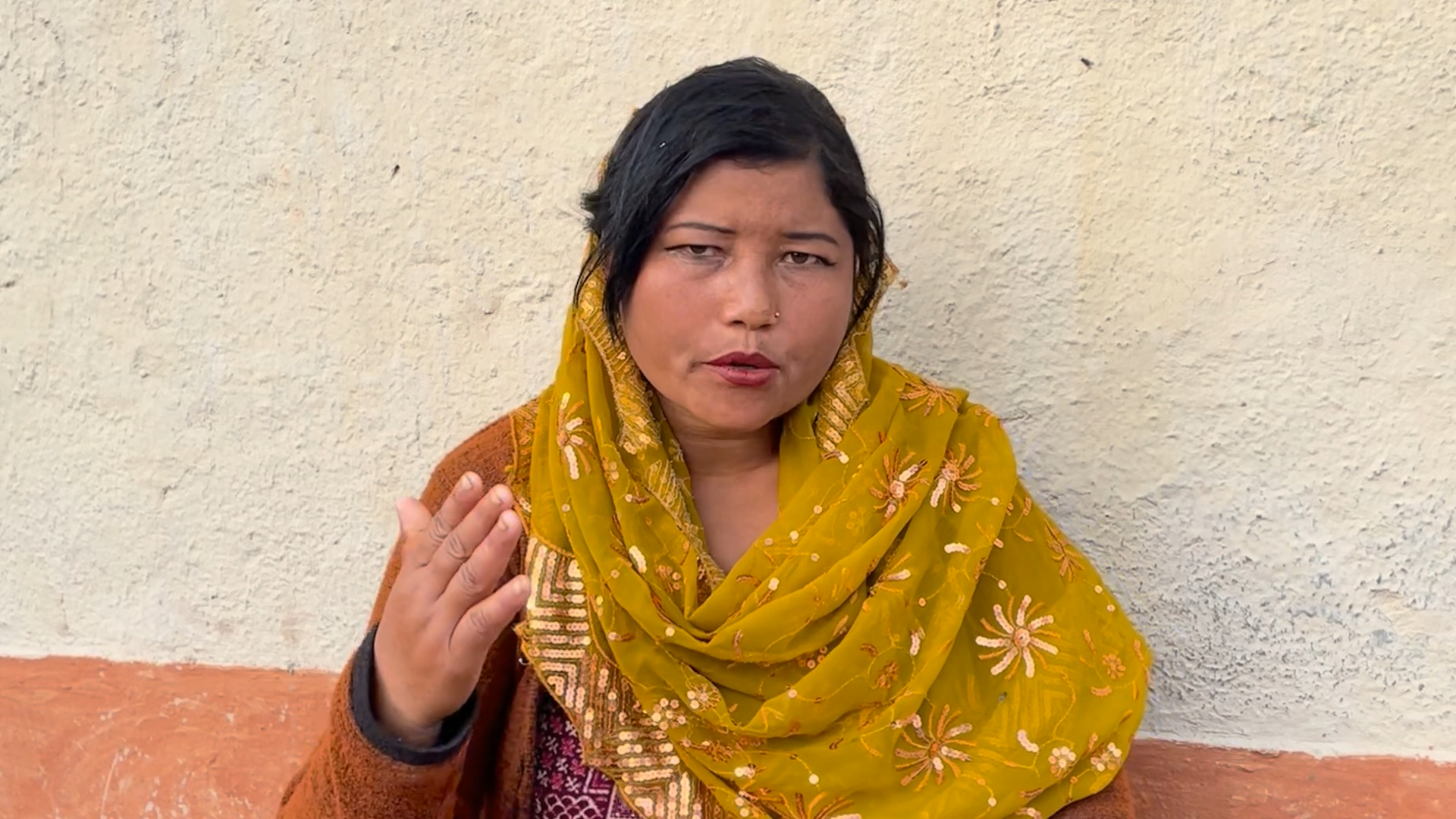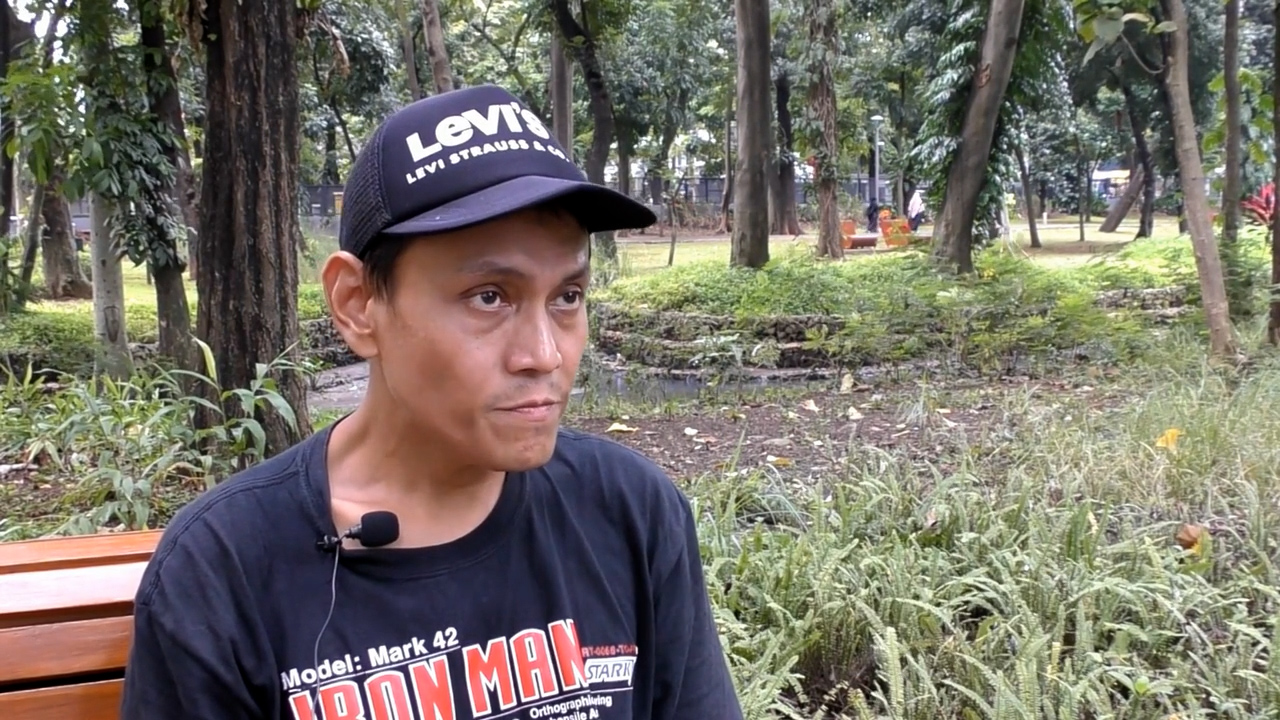Film
‘Life Is Possible’
Ugandan Women with Psychosocial Disabilities Have a Message for Those Who Are Struggling: ‘We Can Make It. … Stand for Your Rights.’
Read our instructions on how to watch the video on Able Player.
At different points in their lives, Dorothy Natako Mubezi and Irene Isiko faced challenges as women with psychosocial disabilities. Isiko, for instance, had to stop working as a secondary school teacher, while Mubezi struggled with her early education. Both eventually connected with a Ugandan organization called Triumph Mental Health Support and Recovery Program, and new opportunities opened up to them. For Mubezi, these included founding her own organization, Uganda National Self-Advocacy Initiative, and receiving prestigious awards and fellowships from the likes of the World Network of Users and Survivors of Psychiatry and the Zero Project. Isiko’s life took a different turn. She started her own dairy farm. “In my heart, doing what I had done professionally, I was coming to the end of that road,” says Isiko about her teaching career, “but it shouldn’t be the road to the end of my life. … I’m a happy woman now.”
Editing assistance by Ziyu Peng
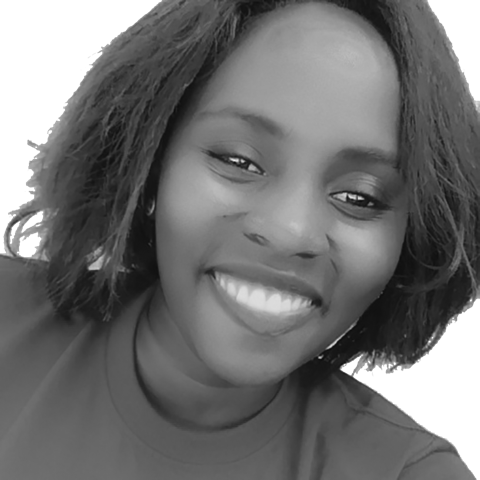
Filmmaker: Esther Suubi
Esther Suubi from Uganda is a recent graduate from Uganda Christian University with a bachelor's degree in mass communication. She is a person with a psychosocial disability and an advocate for young girls' and women's voices. Suubi is also a peer educator at Triumph Mental Health Support and does work with the organization's communications team.
